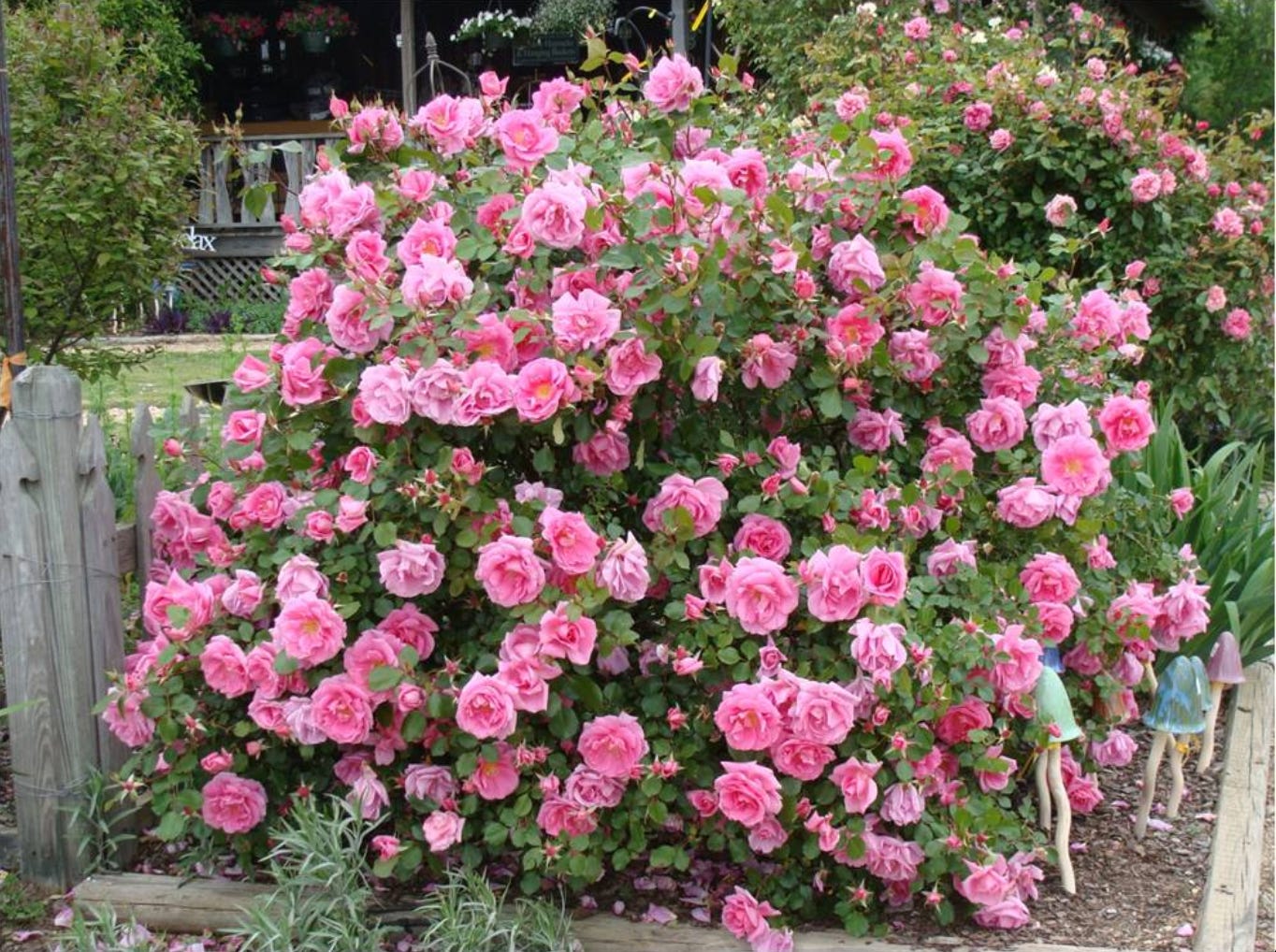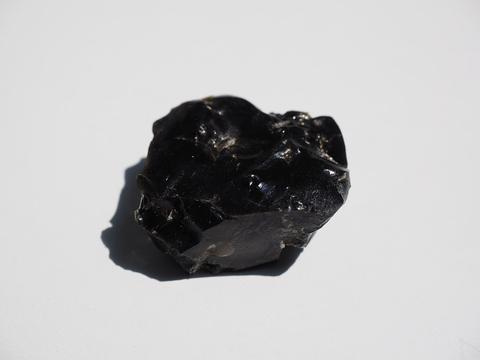Letter 2. Fucking Up.
When I taught intro-to-poetry classes, I ended each term with ‘Write Fucked Up Poems’, by Hoa Nguyen, not only because I did want the students to write fucked up poems, but also because it is a keen illustration of what a fucked up poem is; it rewards some of the orthodox skills of close reading, but also shows it up as an imperfect mode of understanding. As I wrote about in the last letter, it contains Nguyen’s hallmark lacunae, which I always began with. When approaching a fucked up poem, if you try to read for sense straight away, you will get an answer so irremediably fucked up that perhaps no amount of readings will be able to put it right again. So I would begin by reading the gaps in the lines. They seemed to stand in the place of some unknown punctuation mark. It could have been a dash (‘you know – cabbaged’), or a comma, but elsewhere this would have been inappropriate. So maybe we would have to work out the relationships between elements when we understood them better. For instance, this usually led us to talk about the apparent equivalence these gaps suggested between ‘fucked up’ and ‘cabbaged’ – a fucked up poem had a series of layers. But it was also round – what might that mean? After cabbaged came ‘or I will egg you’, a threat if you did not write a fucked up poem – that you might be pelted with eggs (and vegetables – cabbaged again?) as a punishment, or that you might be egged (on) to write a fucked up poem.
Stanza 2 is a single-line afterthought which exists to specify the rose as a particular variety ‘Katy Road’. I would ask someone to google it and show us a picture. These revealed roses so opulent, vivid, and bulging, ‘heavy rose blooms’ (l. 4) covering a huge 6-foot bush, that it was almost embarrassing to look at. (Although maybe, looking back, they’re nothing special in that regard; I don’t know from roses.) The embarrassment continued in the following stanza, when it introduced Road Runner, the cartoon character everyone was usually familiar with – but cartoons didn’t belong in a poem, setting them all on edge. His name is mentioned twice, double capitalised, even though he is not the cartoon character but the real bird, the roadrunner, the member of the cuckoo family who eats reptiles and voices a ‘descending cry’. Every problem attendant on reading the poem was as fucked as this mismatch of names. Our discomfort would mount, as each question raised by the text had to be abandoned with no explanation.

[Image description: a huge bush of Katy Road roses, which are large, vividly pink flowers, in front of a wooden fence.]
The phrase ‘fucked poem’ that stanza 3 opens with always wounded me in a particular way – why not a fucked UP poem? The positions of being or having ‘fucked’ and ‘fucked up’ are so jarringly different that this line should bear no relationship to the title. But then, is that why it’s a ‘fucked poem from the start’? In the next stanza, the eggs we first saw in the second line return, but this time ‘in the sky’ – a metaphor for the moon? That was in the first stanza too, ‘full’ just after the Spring equinox – now, ‘May’, it’s 5-9 weeks later, perhaps the moon is full again, and the egg has become its metaphor. The threat (of egging) has become a permanent feature of the desert landscape, hanging over everything. Why is May ‘a fertile time’ – a good time to plant, to conceive? Not to harvest, surely, even in California. Space is as fucked as time; real place names are avoided throughout the poem, and even Disneyland, the ultimate unreal place, is only metonymically named – and it is a messy metonymy, as one student explained: there is a Tomorrowland in Disneyland in California, but the Magic Kingdom (which contains its own Tomorrowland) is at Disney World, in Florida. I once thought that the poem was written from Texas looking out towards California – Katy Road is a Texan name of this variety of rose, the strawberries are Californian, and the Road Runner will be met in the space between them. On early readings I assumed that LA was the home of the ‘worship of vehicles’, connecting it nicely with the poem’s trajectory, the suggestion of Florida, and the quote with a seemingly pan-US reference about the ‘first great malls’, which cannot be restricted to LA, fucks it up still further. Each hint of time and place confuses things further.
The poem ends with another instruction: ‘Tape a stone over your womb | named Black Apache Tears’. This is a name given to black obsidian, regarded as having properties that aid emotional healing. But why then not have the line run: ‘tape a black apache tear over your womb’? Instead, the name of the stone is held out at arm’s length, the grammar out of joint (fucked up). This also means that the poem ends on the mournful name of the stone, said to derive from a story of outnumbered Apache warriors choosing to escape over a cliff rather than be killed by the US cavalry. And yet italics and grammar of the name mark it off as a label, not carrying the significance of its story. Is the poem just reading out the sales information (like the strawberries from ‘CA’)? The placement of the stone over the womb, in the context of a poem about fertility, is unsettling, as is the rough motion of ‘taping’ it there in a crude fix. This is a poem which is not interested in telling us why things are happening – it affixes the symbols, the rituals, the stories in place, and carries on regardless, a study of the mode of fucked(up)ness.

[Image description: a ‘black Apache tear’, a shiny black stone on a white background.]
I think the reason ‘Write Fucked Up Poems’ has held my attention for so many years is that there is no settlement to be reached with it. This is not true of all of Nguyen’s poems – sometimes they have a ‘sense’ that is easier to bring together to a reading (like ‘A Brief History of War’ and other poems from 2017’s Violet Energy Ingots), or else they can be held together by some conceptual, methodic principle (like ‘Poem of First Lines from Tagore Poems’ or ‘Add Some Blue’). This does not mean that these poems can hold no interest for a group reading, but there are some poems where there is a final act in the mostly-improvised drama of collective interpretation on which, having reached it, once can feel comfortable lowering the curtain. The truly fucked up poem offers no such assurance. It was very common for students to begin a discussion, when I asked them for their impressions of a poem, with ‘I don’t get it’; expected, natural, having come out of punishing secondary school exams where they were expected to fulfil a task, to discharge outcomes. But I was always frustrated when I worked with a group to tease out meanings of a poem and, late in the hour, a student would come back with ‘I don’t get it’ again – it would send a chill through my veins. Had the edifice we had been constructing only been visible to me this whole time? Had I been inferring connections where none existed and failing to connect them for anyone else? Had I fucked up?
But for someone who is touchy, as many of us are, about poetry’s ability to make good on its promises, the fucked up poem is a great gift. If the poem put before the group has an orthodox interpretation, or smallish set of possible interpretations, that ‘we’ can pretty much agree makes internal sense, then there is basically no risk – we will get there by one way or another, and if we don’t we can google it afterwards. ‘Write Fucked Up Poems’ is one of my favourite poems because I am a fuckup – at the time I was trying most desperately to ‘teach’ this poem (to myself, as much as to anyone else), I was burning out and about to leave my dream job of teaching poetry, insufficiently talented (and too tired) to get another one. Fucking up involves a certain grief and a certain cringe, even when, in hindsight, it was inevitable. The study of our own loss and failure is, if anything, more valuable than that of truth and beauty; it’s certainly going to come up more.


